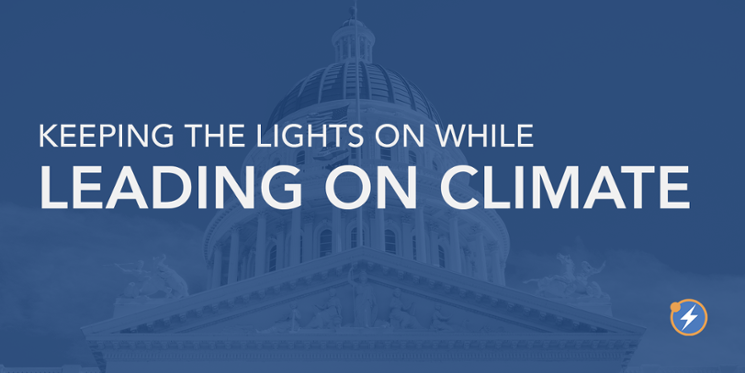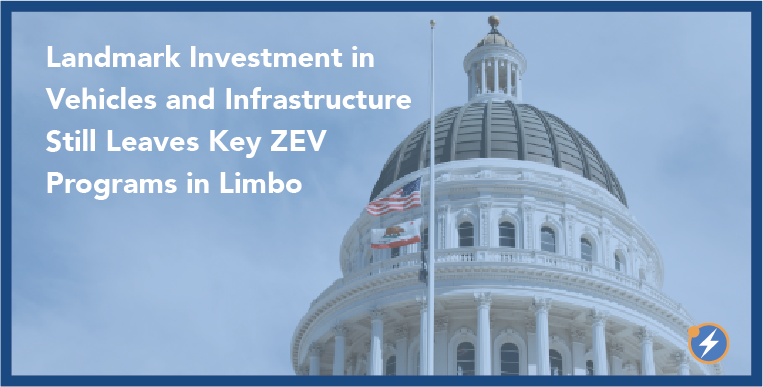
If you’ve been tracking the contours of recent legislative sessions under the Gold Dome in Denver, you’ll likely have high expectations about Colorado’s ability to deliver ambitious, even nation-leading, clean energy bills year-after-year, spurring headlines and the envy of other states. Take, for example, last year’s Senate Bill 218 to modernize distribution-system planning, Senate Bill 16 in 2023 to cement a statewide commitment to net-zero emissions by 2050, Senate Bill 264 in 2021 to initiate “Clean Heat Plans” and innovative gas infrastructure planning, or Senate Bill 260 (also in 2021) to create stable multi-year funding streams for clean transportation initiatives—the list goes on.



/CO%20Advanced%20Energy%20Legis%20Leader.png?width=750&name=CO%20Advanced%20Energy%20Legis%20Leader.png)